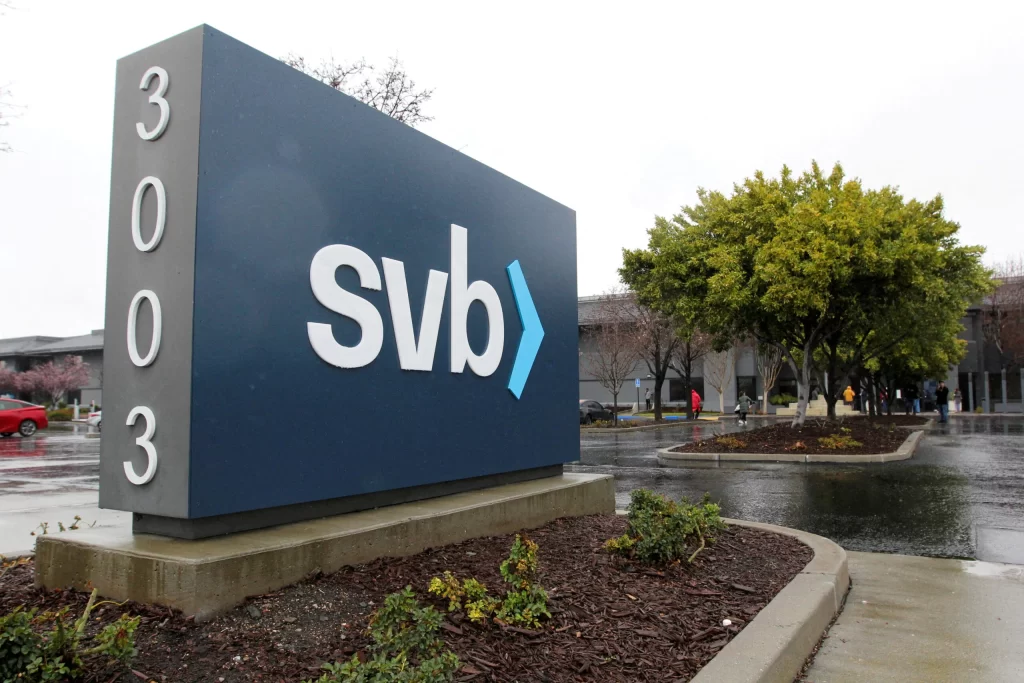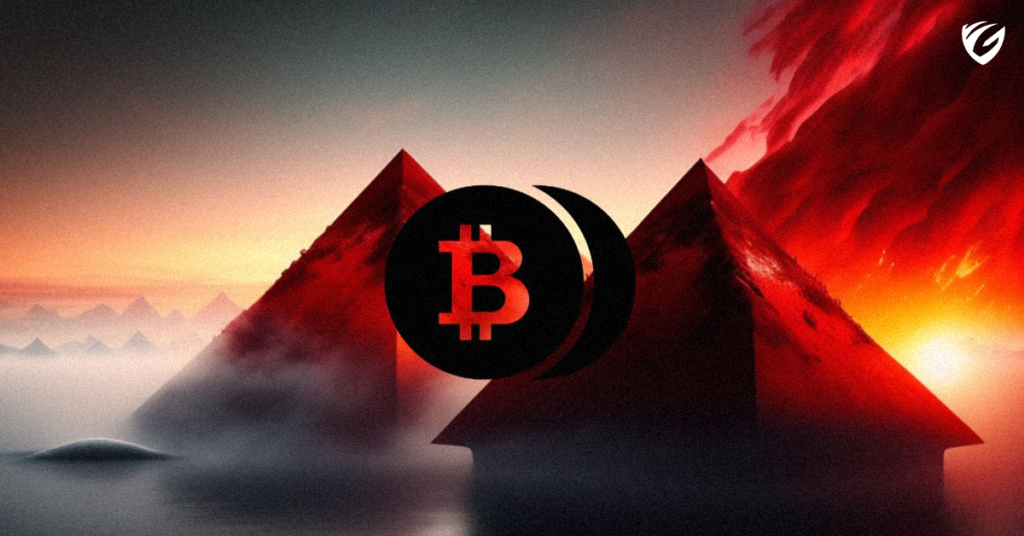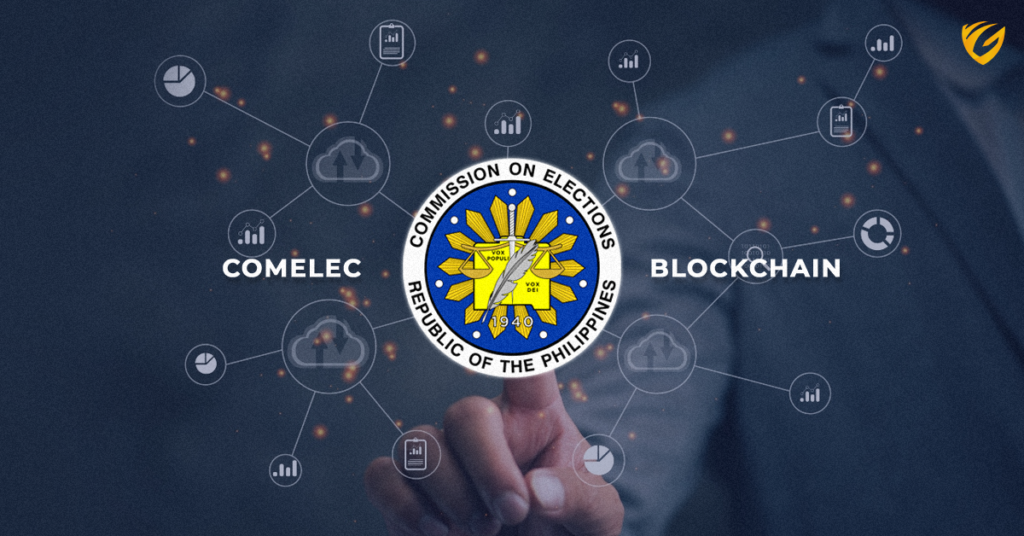DAOs: The Future Will Be Decentralized
Blockchain and smart contracts technology are in a constant state of evolution and adoption. Blockchain technology is the foundation for most decentralized applications (DApps), and smart contracts are the glue that holds everything together and allows them to run autonomously on a decentralized network. DAOs came about as a result of these innovations.
What is a DAO?
The name Decentralized Autonomous Organization (DAO) can be confusing. Let’s break it down:
Decentralized: pertains to the technology on which these autonomous organizations are built, which are called smart contracts on the Ethereum blockchain. The opposite of this might be organizations built on legal papers backed by a central authority, aka government.
Autonomous: in this context, autonomous means “self-driven.” In the business world, the term autonomous refers to companies that are not owned by a single individual or organization.
Organization: in simple terms, it is a group of humans who share a common purpose or set of values.
Introduced as a concept in 2016 by Ethereum co-founder Vitalik Buterin, a DAO is an organization that is governed not by traditional corporate hierarchies but rather by its stakeholders. A DAO has no single leader, and decisions are made by a voting process in which stakeholders or “members” can vote for or against a proposal or term change. Members hold cryptocurrencies or tokens that represent ownership in the organization and that give them voting rights and access to the governance process. All members are financially incentivized to participate and vote on proposals and term changes because their decisions directly affect their ownership and earnings.
This structure gives these organizations the ability to operate autonomously and transparently without external control or interference from third parties like governments or corporations. This structure also enables these organizations to self-govern and self-organize while adhering to the rules set in place by its users and developers.
Advantages of a DAO
A DAO has many advantages over traditional companies.
DAOs are more efficient and fairer than traditional organizations. This is because DAOs typically have less hierarchy and centralized decision making, which removes the inefficient chain of command. DAOs are also more fair because there are no unfair advantages given to leaders or owners who are at the top of the chain. Instead, DAOs make decisions based on consensus and voting methods. DAOs have the potential to be disruptive to traditional hierarchies and centralized decision making in business.
Why should you join a DAO?
Joining a DAO allows you to have a say in how the organization is run without having to manage or own any of the underlying technology or assets involved. DAOs remove a lot of the risk and make it much easier for people to participate within the network without having to worry about technical issues. By joining a DAO, you can benefit from the organization’s collective resources without having to directly manage them yourself. This makes participating in DAOs much more accessible than running one yourself, as you don’t have to invest a lot of money or time into the operation. This also makes DAOs ideal for organizations looking to operate more efficiently or effectively while maintaining transparency and openness.
The Future of DAOs
While traditional organizations are still widely used today, many are starting to realize the benefits of decentralization instead. The blockchain is emerging as a technology with the potential to disrupt nearly every aspect of society—including finance, energy, healthcare, education, government, and more—due to its distributed nature, which eliminates single points of failure and makes information highly secure and transparent. This incorruptible structure allows smart contracts to seamlessly execute peer-to-peer transactions without human interaction or central control. This distributed ledger technology will decentralize industries by shifting power away from governments and other institutions and into the hands of individuals, who will ultimately own and control their own data and privacy.
The benefits of decentralization are compelling: more transparency, reduced costs, increased security, increased flexibility, greater efficiency, and improved scalability.
This is the sixth of a seven-part series exploring the basics of Web3. In this series, we’ll explore what Web 3.0 is and how it’s changing the way people use the internet — for better or worse. Learn about cryptocurrency, smart contracts, blockchains, NFTs, DAOs, and the Metaverse.



